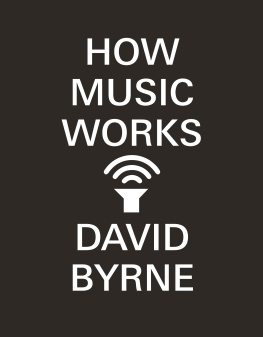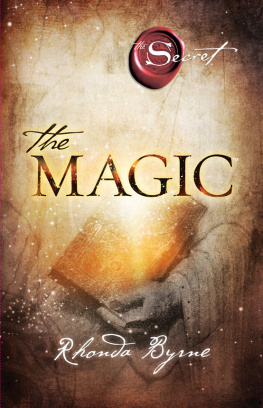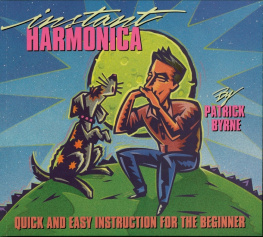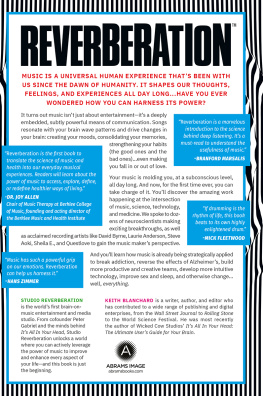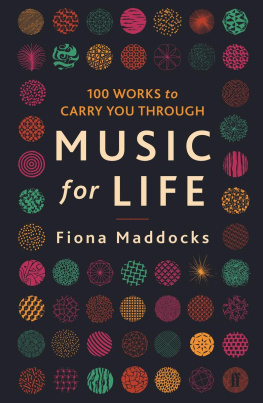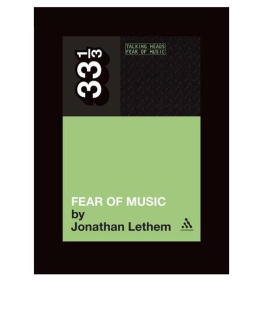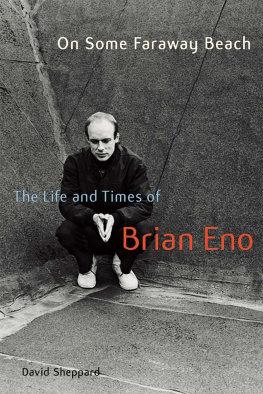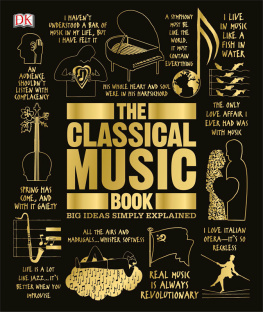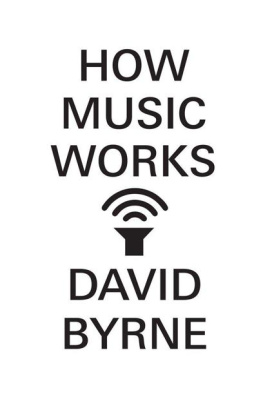

First published in Great Britain in 2012 by Canongate Books Ltd, 14 High Street, Edinburgh, EH1 1TE
www.canongate.tv
This digital edition first published in 2012 by Canongate Books
First published in the USA in 2012 by McSweeneys San Francisco
Copyright 2012 David Byrne
Cover design by Dave Eggers
All rights reserved, including right of reproduction in whole or part in any form.
eISBN: 978 0 85786 251 8
To Emma and Tom Byrne, who put up with my adolescent musical expressions and even helped out from time to time.
PREFACE
I ve been involved in music all my adult life. I didnt plan it that way, and it wasnt even a serious ambition at first, but thats the way it turned out. A very happy accident, if you ask me. Its a little strange, though, to realize that a large part of my identity is tied to something that is completely ephemeral. You cant touch musicit exists only at the moment it is being apprehendedand yet it can profoundly alter how we view the world and our place in it. Music can get us through difficult patches in our lives by changing not only how we feel about ourselves, but also how we feel about everything outside ourselves. Its powerful stuff.
Early on, though, I realized that the same music placed in a different context can not only change the way a listener perceives that music, but it can also cause the music itself to take on an entirely new meaning. Depending on where you hear itin a concert hall or on the streetor what the intention is, the same piece of music could either be an annoying intrusion, abrasive and assaulting, or you could find yourself dancing to it. How music works, or doesnt work, is determined not just by what it is in isolation (if such a condition can ever be said to exist) but in large part by what surrounds it, where you hear it and when you hear it. How its performed, how its sold and distributed, how its recorded, who performs it, whom you hear it with, and, of course, finally, what it sounds like: these are the things that determine not only if a piece of music worksif it successfully achieves what it sets out to accomplishbut what it is.
Each chapter in this book focuses on a distinct aspect of music and its context. One asks how technology has affected the way music sounds and the way we think of it. Another considers the influence of the places in which we listen to it. The chapters are not chronological or sequential. You can read them in any order, though I do think the order my editors and I arrived at has a flow to itit isnt entirely random.
This is not an autobiographical account of my life as a singer and musician, but much of my understanding of music has certainly been accrued over many years of recording and performing. In this book I draw on that experience to illustrate changes in technology and in my own thinking about what music and performance are about. Many of my ideas about what it means to go on stage, for instance, have changed completely over the years, and my own history of performance is a way of telling the story of a still-evolving philosophy.
Others have written insightfully about musics physiological and neurological effects; scientists have begun to peek under the hood to examine the precise mechanisms by which music works on our emotions and perceptions. But thats not really my brief here; I have focused on how music might be molded before it gets to us, what determines if it gets to us at all, and what factors external to the music itself can make it resonate for us. Is there a bar near the stage? Can you put it in your pocket? Do girls like it? Is it affordable?
I have, for the most part, avoided the ideological aspects of music making and production. That music can be made to bolster nationalistic urges or written in the service of rebellion and overthrowing an established culturewhether the motive is political or generationalthose are beyond the scope of this book. Im not much interested in specific styles and genres either, as it seems to me that certain models and modes of behavior often recur across wildly different scenes. I hope that you will find something to enjoy here even if you have no interest in my own music. Im also uninterested in the swollen egos that drive some artists, although the psychological make-up of musicians and composers shapes music at least as much as any of the phenomena Im fascinated by. I have rather looked for patterns in how music is written, recorded, distributed, and receivedand then asked myself if the forces that fashioned and shaped these patterns have guided my own work and maybe the work of others as well. One hopes Im not just talking about myself here! In most cases the answer is yes; Im no different than anyone else.
Does asking oneself these questions in an attempt to see how the machine works spoil the enjoyment? It hasnt for me. Music isnt fragile. Knowing how the body works doesnt take away from the pleasure of living. Music has been around as long as people have formed communities. Its not going to go away, but its uses and meaning evolve. I am moved by more music now than I have ever been. Trying to see it from a wider and deeper perspective only makes it clear that the lake itself is wider and deeper than we thought.
CHAPTER ONE
Creation in Reverse
I had an extremely slow-dawning insight about creation. That insight is that context largely determines what is written, painted, sculpted, sung, or performed. That doesnt sound like much of an insight, but its actually the opposite of conventional wisdom, which maintains that creation emerges out of some interior emotion, from an upwelling of passion or feeling, and that the creative urge will brook no accommodation, that it simply must find an outlet to be heard, read, or seen. The accepted narrative suggests that a classical composer gets a strange look in his or her eye and begins furiously scribbling a fully realized composition that couldnt exist in any other form. Or that the rock-and-roll singer is driven by desire and demons, and out bursts this amazing, perfectly shaped song that had to be three minutes and twelve secondsnothing more, nothing less. This is the romantic notion of how creative work comes to be, but I think the path of creation is almost 180 from this model. I believe that we unconsciously and instinctively make work to fit preexisting formats.
Of course, passion can still be present. Just because the form that ones work will take is predetermined and opportunistic (meaning one makes something because the opportunity is there), it doesnt mean that creation must be cold, mechanical, and heartless. Dark and emotional materials usually find a way in, and the tailoring processform being tailored to fit a given contextis largely unconscious, instinctive. We usually dont even notice it. Opportunity and availability are often the mother of invention. The emotional storysomething to get off my cheststill gets told, but its form is guided by prior contextual restrictions. Im proposing that this is not entirely the bad thing one might expect it to be. Thank goodness, for example, that we dont have to reinvent the wheel every time we make something.
In a sense, we work backward, either consciously or unconsciously, creating work that fits the venue available to us. That holds true for the other arts as well: pictures are created that fit and look good on white walls in galleries just as music is written that sounds good either in a dance club or a symphony hall (but probably not in both). In a sense, the space, the platform, and the software makes the art, the music, or whatever. After something succeeds, more venues of a similar size and shape are built to accommodate more production of the same. After a while the form of the work that predominates in these spaces is taken for granted
Next page
